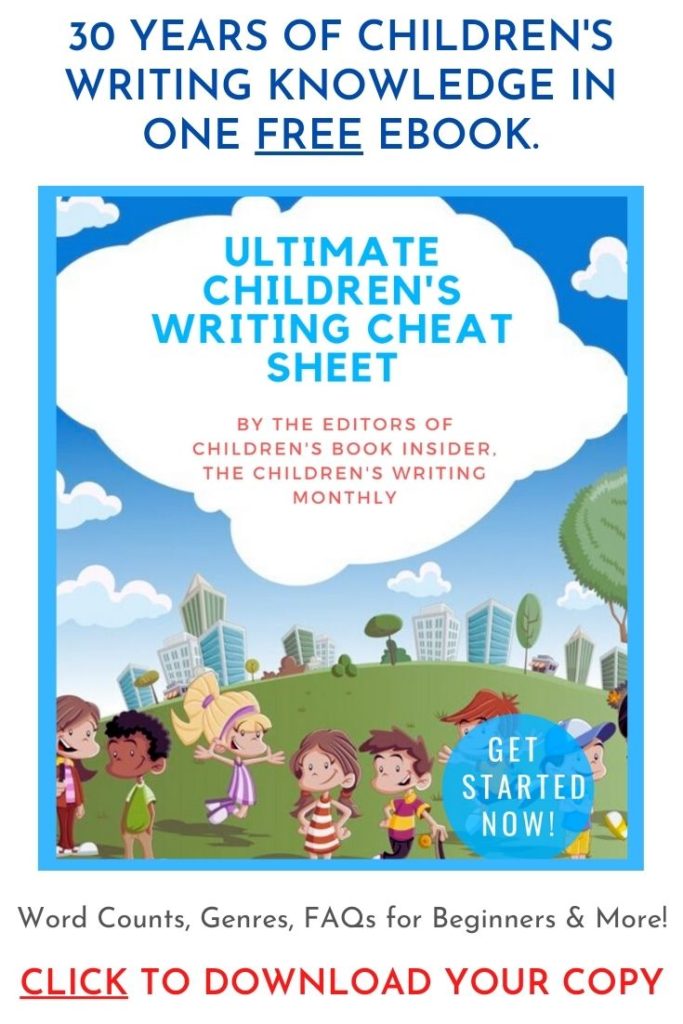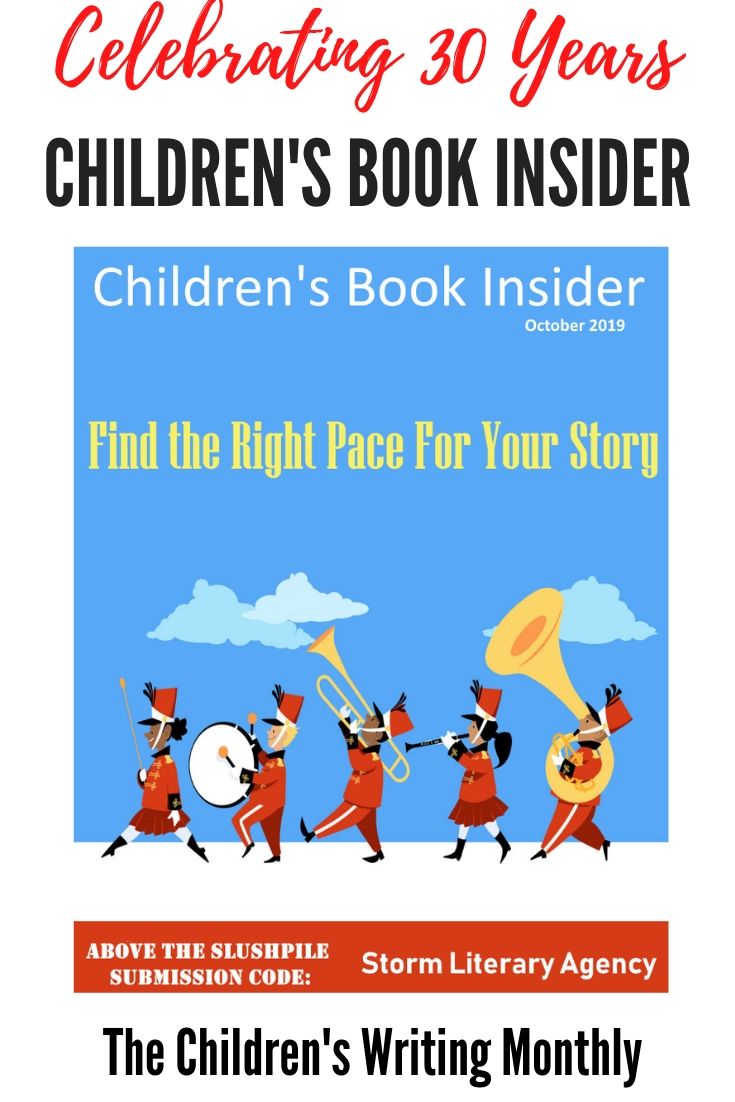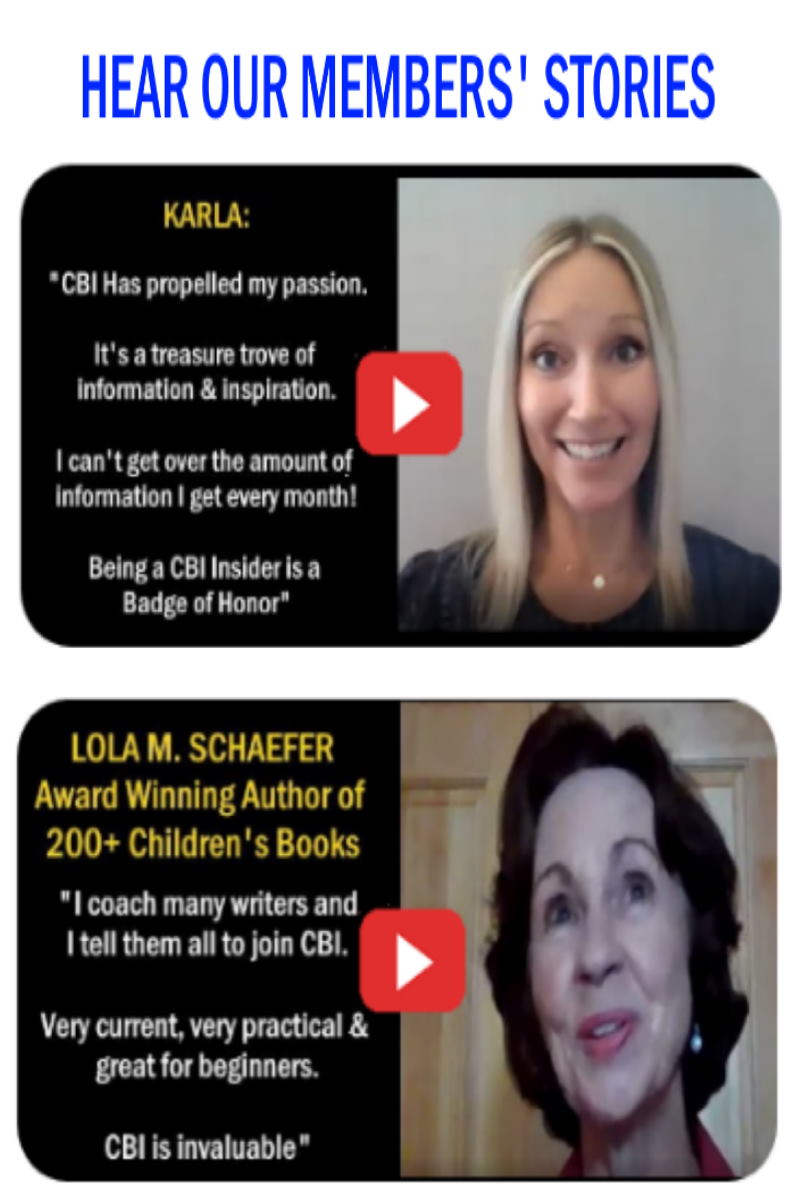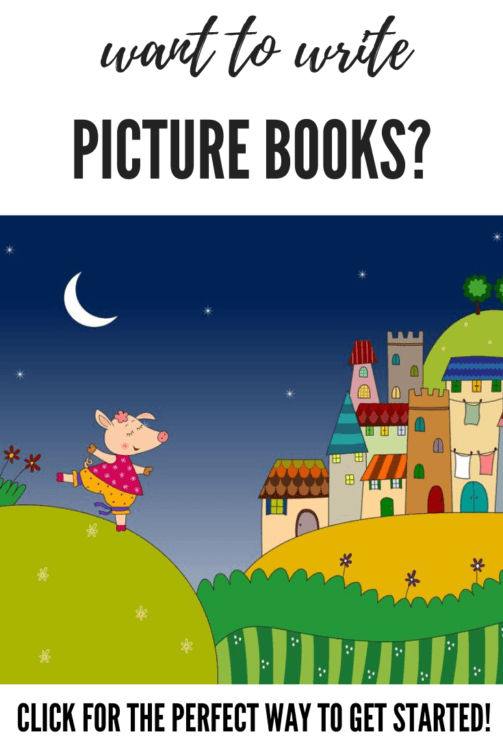
by Noelle Sterne
I usually know when I’m trying too hard in writing. When I review one of my pieces toward revision or sending out, the first sign is my quiet giggling to myself at the puns. The second is my murmurs of approval at the turns of phrase. The third is imagining readers’ gasps of delight at my ingenuity. The fourth, and most important, is the red-yellow warning flare that shoots through my brain—Oh, oh, ego ascendant.
If I don’t heed that flare, I know it heralds disaster: I’m trying too hard. The work cannot help reflect this overconscious effort. Somehow, the technique, wordplay, and resplendent diction I so admire overpower whatever message I want to convey.
In The Writer’s Book of Wisdom: 101 Rules for Mastering Your Craft, Stephen Taylor Goldsberry’s Number 36 admonishes, “Try not to overdo it. . . . Beware of contrived lyrical embellishment and fluffy metaphors” (p. 87). I would add beware too of eloquent, balanced rhetoric. And repetition for effect. And overly ripe similes. And too- intricate expositions. And too-pithy observations.
After reading Eat Pray Love, I read a transcript of an interview with Elizabeth Gilbert. As she worked on her next book, she said, she produced 500 pages trying to imitate the bestseller in a similar breezy, flippant, and pseudo-deep style. After all these pages, Gilbert realized what she was doing and knew she had to junk the whole new manuscript. Then, no longer trying to duplicate the earlier success, she wrote a completely different and honest book, Committed. Committed was successful in its own right.
Like Gilbert in her post E-P-L foray, when we try, even with all our might, we end up failing or at least falling short. I think of a friend’s story about his father, who came from Italy, settled in New Jersey, and founded an automotive products store. As a twelve-year-old, my friend helped his father after school in the store. One day, his father instructed him to unpack a shipment of tires and stack them in a certain corner for maximum display. The boy answered, “I’ll try.”
In his limited but effective English, his father bellowed, “No try! You do!” My friend did. And never forgot the lesson.
Our writing lesson? We shouldn’t try. We do, or don’t. Maybe it means not writing at all for a while. Or writing a lot of nonsense first, accompanied by that horrid hollow feeling. Or using the slash/option method incessantly. This is one of my favorites/best practices/most helpful methods/greatest techniques for skirting stuckness and continuing to slog. Or going back countless times to excise, refine, replace, restructure, or even, like Gilbert, pitch it all out.
Trying means we’re writing too self-consciously, usually to impress or force. In contrast, doing, like my friend’s immigrant father knew, means total immersion. However many drafts we need, however many dunks in the uncertain creative mud we can dare, our success rests not in trying—but doing.
So, I tell myself, Stop trying to be clever and knowing. Stop trying to beat out your writing colleagues. Stop trying to show off your wit and dazzle everyone. Stop trying to replicate your just-success. All that trying cuts off your talent and expressive truth. Especially, that trying chokes off your honesty as a writer. I tell myself, and you too—turn away from all that trying and just write.
Author, editor, dissertation and writing coach, ghostwriter, and spiritual counselor, Noelle Sterne has published over 300 pieces in print and online venues, including Author Magazine, Chicken Soup for the Soul, Children’s Book Insider, Funds For Writers, Women on Writing, Writer’s Digest, and The Writer. She has also published pieces in anthologies, has contributed several columns to writing publications, and has been a volunteer judge of children’s stories, poems, and books for Rate Your Story.
With a Ph.D. from Columbia University, Noelle has for 30 years assisted doctoral candidates to complete their dissertations. She’s the author of Challenges in Writing Your Dissertation: Coping with the Emotional, Interpersonal, and Spiritual Struggles. Noelle`s previous book, Trust Your Life: Forgive Yourself and Go After Your Dreams (Unity Books, 2011), draws examples from her academic consulting and other aspects of life to help readers release regrets, relabel their past, and reach their lifelong yearnings. Visit Noelle at her website: http://www.trustyourlifenow.com/






This article was spot on for me.